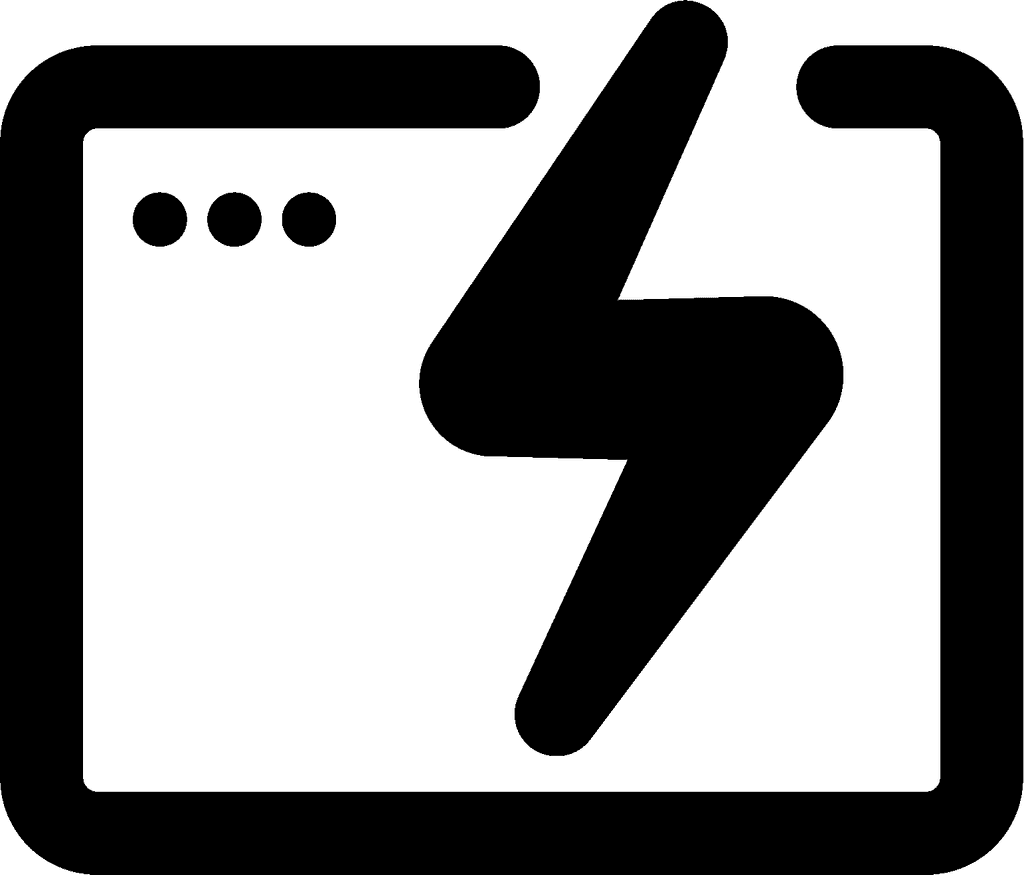AIOps Platforms: Revolutionizing IT Operations Management
AIOps platforms are revolutionizing IT operations by leveraging artificial intelligence and machine learning. These advanced systems analyze vast amounts of data to detect anomalies, predict issues, and automate responses. AIOps solutions enhance operational efficiency, reduce downtime, and accelerate digital transformation initiatives.
Organizations across industries are adopting AIOps to gain deeper insights into their IT infrastructure. The technology combines data from multiple sources, including logs, metrics, and traces, to provide a holistic view of system performance. This comprehensive approach enables faster root cause analysis and more accurate forecasting of potential problems.
As AI and machine learning capabilities continue to evolve, AIOps platforms are becoming increasingly sophisticated. They can now handle complex tasks such as noise reduction, event correlation, and intelligent alerting. These features allow IT teams to focus on strategic initiatives rather than routine maintenance, driving innovation and improving overall business outcomes.

The Role of AI in IT Operations
Artificial intelligence is revolutionizing IT operations through advanced automation, predictive analytics, and intelligent decision support. AI-powered tools are enhancing efficiency, reducing downtime, and enabling proactive management of complex IT infrastructures.
Foundations of AIOps
AIOps platforms leverage machine learning algorithms to analyze vast amounts of operational data. These systems collect telemetry from various IT components, including servers, networks, and applications.
AI models then process this data to identify patterns, anomalies, and potential issues. This enables real-time monitoring and rapid problem detection.
Advanced AIOps solutions incorporate natural language processing to interpret logs and alerts. This capability helps prioritize incidents and automate ticket routing.
Transforming IT Operations with AI
AI is driving significant improvements in IT service management and infrastructure monitoring. Predictive maintenance algorithms can forecast potential failures before they occur, reducing unplanned downtime.
Intelligent automation tools streamline routine tasks like patch management and capacity planning. This frees up IT staff to focus on strategic initiatives and innovation.
AI-powered chatbots and virtual assistants are enhancing IT support, providing 24/7 service and faster resolution times for common issues.
Integration of AIOps into DevOps
AIOps platforms are increasingly being integrated into DevOps workflows. AI-driven analytics help development teams identify potential issues earlier in the software delivery pipeline.
Automated testing powered by machine learning can detect bugs and performance bottlenecks more efficiently. This accelerates release cycles and improves software quality.
AIOps tools also enhance collaboration between development and operations teams. Shared dashboards and AI-generated insights provide a unified view of application performance and infrastructure health.
APIs enable seamless integration of AIOps capabilities into existing CI/CD tools and processes. This facilitates a more holistic approach to IT operations and software delivery.
Key Components of AIOps Platforms
AIOps platforms integrate advanced technologies to streamline IT operations and enhance system performance. These platforms rely on several core elements to deliver intelligent automation and insights.
Leveraging Machine Learning and Analytics
Machine learning algorithms form the backbone of AIOps platforms. These systems analyze vast amounts of data to identify patterns and anomalies. Predictive analytics enable proactive issue detection and resolution.
AIOps platforms use supervised and unsupervised learning techniques to process log files, metrics, and traces. This allows them to establish baselines and detect deviations from normal behavior.
Big data analytics tools help process and visualize large datasets. These tools provide valuable insights into system performance trends and potential bottlenecks.
Real-Time Observability and Monitoring
AIOps platforms offer comprehensive visibility into IT infrastructure and applications. They collect data from various sources across the technology stack.
Application Performance Monitoring (APM) tools track key metrics like response times and error rates. These tools help identify performance issues and their root causes.
Real-time dashboards display system health and performance indicators. Alerts notify IT teams of potential problems before they impact users.
API integrations allow AIOps platforms to gather data from diverse tools and systems. This creates a unified view of the entire IT environment.
Enhancing Service Management with AI
Artificial Intelligence improves IT service management processes. AI-powered chatbots and virtual assistants handle routine user requests and troubleshooting.
Automated ticket routing and classification systems streamline support workflows. This reduces response times and improves resource allocation.
AI analyzes historical incident data to suggest optimal resolution steps. This knowledge base helps IT teams solve problems more efficiently.
Predictive maintenance capabilities allow organizations to address potential issues before they cause downtime. This proactive approach minimizes service disruptions and improves overall system reliability.
Infrastructure and Network Optimization
AIOps platforms enhance infrastructure management and network performance through advanced analytics and automation. These tools enable organizations to streamline operations, reduce downtime, and optimize resource allocation across complex environments.
Adopting the Hybrid Cloud
Hybrid cloud adoption integrates public and private cloud resources with on-premises infrastructure. AIOps platforms facilitate seamless cloud migration by analyzing workload patterns and recommending optimal placement. They provide real-time visibility into resource utilization across environments, enabling efficient scaling and cost management.
These tools automate provisioning and configuration tasks, reducing manual errors and accelerating deployment processes. AIOps platforms also enhance security by monitoring traffic patterns and identifying potential threats across hybrid environments.
Network Management with AI
AI-driven network management tools analyze vast amounts of network data to predict and prevent issues before they impact users. These systems use machine learning algorithms to detect anomalies, optimize traffic flows, and automate routine tasks.
AIOps platforms provide network administrators with real-time insights into performance metrics, enabling proactive troubleshooting. They can automatically adjust network configurations to maintain optimal performance and reliability.
These tools also assist in capacity planning by forecasting future network needs based on historical data and growth trends.
Infrastructure As Code (IaC)
Infrastructure as Code (IaC) transforms infrastructure management by treating it as software. AIOps platforms leverage IaC principles to automate provisioning, configuration, and management of IT resources.
These tools enable version control for infrastructure, allowing teams to track changes and roll back if needed. They facilitate consistent and repeatable deployments across different environments, reducing configuration drift.
AIOps platforms with IaC capabilities can automatically generate and update infrastructure code based on performance data and best practices. This approach enhances collaboration between development and operations teams, supporting DevOps practices.
Advanced Features in AIOps
AIOps platforms leverage cutting-edge technologies to enhance IT operations. These features include predictive analytics, causal AI for root cause analysis, and intelligent automation capabilities.
Predictive Analytics in AIOps
Predictive analytics in AIOps uses historical and real-time data to forecast potential issues. Machine learning algorithms analyze patterns to identify anomalies before they impact systems.
This proactive approach allows IT teams to address problems preemptively. Predictive models can anticipate resource needs, helping organizations optimize capacity planning.
AIOps platforms often incorporate natural language processing to interpret unstructured data. This enables more accurate predictions by considering a wider range of information sources.
Causal AI and Root Cause Analysis
Causal AI takes root cause analysis to the next level in AIOps. It goes beyond correlation to establish cause-and-effect relationships between events.
This advanced feature helps pinpoint the true source of issues in complex IT environments. Causal AI models consider multiple factors and their interactions to provide more precise diagnoses.
By understanding the underlying causes, IT teams can implement targeted solutions. This reduces mean time to resolution and prevents recurring problems more effectively.
Building Intelligent Automation
Intelligent automation in AIOps combines AI and machine learning with robotic process automation. This feature streamlines routine tasks and decision-making processes.
AIOps platforms can automate incident response based on predefined rules and learned patterns. As systems encounter similar issues, they become more adept at resolving them autonomously.
Natural language processing enables automated ticket classification and routing. This ensures that issues are directed to the appropriate teams quickly and efficiently.
Intelligent automation also facilitates self-healing systems. These can automatically apply fixes for known issues, reducing downtime and human intervention.
AIOps for Enhanced Security and Compliance
AIOps platforms enhance security and compliance efforts by leveraging advanced analytics and machine learning. These systems continuously monitor logs, metrics, and events across an organization's IT infrastructure.
Real-time analysis of security data allows for rapid threat detection and response. AIOps tools can identify anomalies and potential breaches faster than traditional methods.
Automated event correlation helps security teams pinpoint the root cause of incidents more efficiently. This reduces mean time to resolution and minimizes potential damage from cyberattacks.
AIOps platforms also support compliance initiatives by providing comprehensive audit trails. They track system changes, access attempts, and other relevant events for regulatory reporting.
Historical data analysis enables organizations to identify long-term security trends and patterns. This information supports proactive risk management and policy improvements.
Integration with tools like ServiceNow streamlines security workflows and incident management. AIOps platforms can automatically create and update tickets based on detected issues.
By automating routine security tasks, AIOps frees up IT staff to focus on more complex challenges. This improves overall operational efficiency and strengthens an organization's security posture.
Frequently Asked Questions
AIOps platforms provide advanced capabilities for IT operations management. They leverage artificial intelligence and machine learning to enhance various aspects of IT infrastructure monitoring, incident response, and performance optimization.
What are typical use cases for AIOps platforms?
AIOps platforms are commonly used for real-time monitoring of IT infrastructure. They help detect anomalies and potential issues before they impact business operations.
These platforms also assist in root cause analysis, enabling faster problem resolution. They can automate routine tasks, freeing up IT staff for more strategic activities.
How do AIOps platforms leverage machine learning for IT operations?
Machine learning algorithms analyze vast amounts of data from various IT systems. They identify patterns and correlations that humans might miss.
These algorithms can predict potential failures or performance degradation. They continuously learn from new data, improving their accuracy over time.
What criteria should be considered when selecting an AIOps platform?
Integration capabilities with existing IT tools and systems are crucial. The platform should support a wide range of data sources and formats.
Scalability is important to handle growing data volumes. Ease of use and a clear user interface enhance adoption across IT teams.
How does AIOps enhance IT incident management?
AIOps platforms can automatically detect and categorize incidents. They provide context-rich alerts, helping IT teams prioritize issues effectively.
These systems can suggest remediation steps based on historical data. Some platforms even automate certain incident response actions.
Can AIOps platforms integrate with existing IT infrastructure?
Most AIOps platforms offer extensive integration capabilities. They can connect with monitoring tools, ticketing systems, and configuration management databases.
APIs allow for custom integrations with specialized tools. This enables a unified view of IT operations across diverse environments.
What are the benefits of using an AIOps platform for enterprise IT management?
AIOps platforms improve operational efficiency by automating routine tasks. They reduce mean time to detect and resolve incidents, minimizing downtime.
These systems provide data-driven insights for capacity planning. They help optimize IT resource allocation and improve overall service quality.

Build a more powerful help desk with Risotto
Minimize Tickets and Maximize Efficiency
Simplify IAM and Strengthen Security
Transform Slack into a help desk for every department
Schedule your free demo



